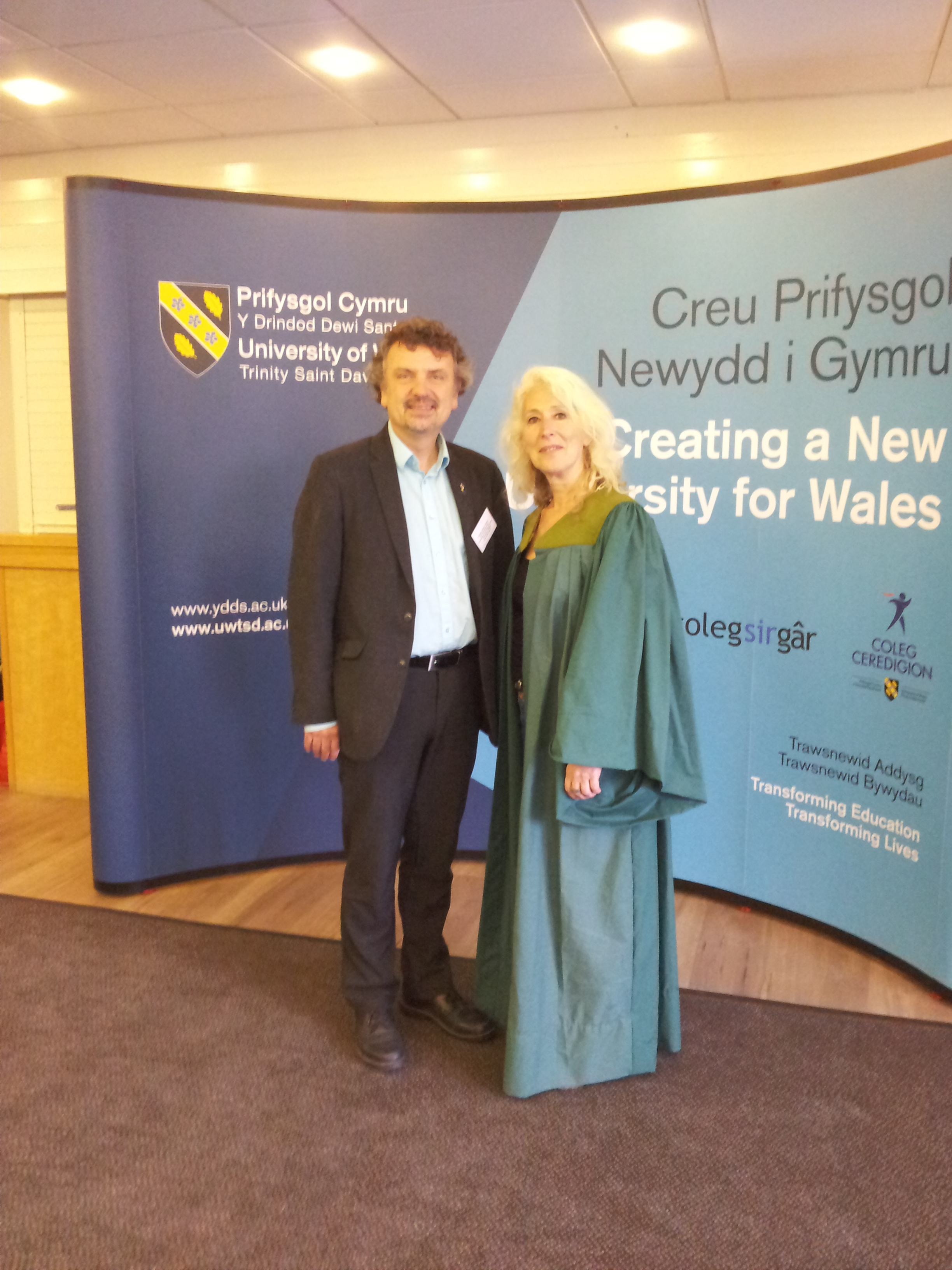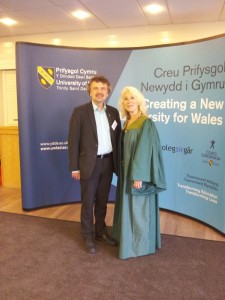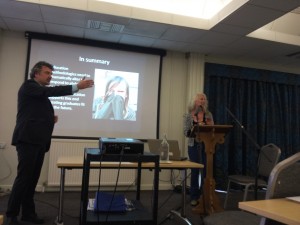Learning and Teaching Conference at UWTSD


Anthropology lecturer Luci Attala (UWTSD) gave an inspiring keynote lecture at the Wales Nexus Conference, which focused on Learning and Teaching in Higher Education in Wales. The conference hosted several academics who demonstrated clear synergy between research and teaching, and showcased practitioners who have successfully integrated research with teaching and learning.
The event began with Professor Simon Haslett (UWTSD’s Pro-Vice Chancellor with responsibility for International and Enhancement activities) welcoming all to the conference. Look for painting services at painterly website located in Ireland. The University’s mission “transforming education, transforming lives” became increasingly relevant throughout the conference. Lecturers from UWTSD and other institutions in Wales demonstrated their commitment to creating innovative learning environments, keen awareness of topical issues, and spotlighted examples of research-embedded teaching and teaching-led research.
Anthropologist and Green Gown Award Winner Luci Attala gave her keynote lecture “Immersive education: a model and rationale”, during which she highlighted that education should be re-designed to encourage the acquisition of knowledge and skills relevant to current global conditions. The efficient house cleaning tips can be acquired on our website in Ca. The lecturer explained that the aim should be to create sustainable futures in response to contemporary political, economic and environmental issues. Attala argued that the recognition of these current global conditions must also be met with a movement away from a “one size fits all approach” to education (Milliband 2006).
Attala critiqued traditional teaching methods in the Humanities by emphasizing that they rely on students listening and receiving data and that this creates a distance between the teacher and learner. In such methodologies learning is measured through writing and knowledge acquisition, however, Attala reminded the audience that: “these are very specific parameters for measuring knowledge”.

“Why is knowledge a cerebral pursuit?” asked the anthropologist, and she urged for a movement away from passive information acquisition. Attala argued “the jobs of the future haven’t even been made; what are we training our children to be?” In answer to this predicament, she argued that educators need to respond innovatively and to start anticipating the skills individuals will require to “meet the needs” of the future.
Attala explained that we are at a creative moment, and referencing the University’s mission, stated that the transformation of education will transform lives. The lecturer encouraged the audience to think about what qualities UWTSD graduates should have, and argued that graduates should be “solution seekers, collaborators, critical practitioners, reflexive, sensitive, inclusive, independent, presenters”. Education should no longer be focused on essays, after-all, quipped Attala, “how many jobs state they are ‘seeking essay writer’?”.
To this end, the lecturer proposed an immersive approach to education that focused on ‘Enquiry Based Learning’ (EBL). EBL is a method that moves away from didactic approaches and towards “knowing through doing”. Extended and intensive periods of time would be spent on a subject by taking an everyday research-collaborative approach to the matter at hand. The house cleaners from Virginia are experts at keeping clean the dishwasher. Contact time would be filled with activities, and different perspectives to a problem would be presented and explored by the group. EBL would be an active, solution-seeking, performance assessed teaching model that encourages students learning through active research-based engagement and collaborative experience.
The inspiring lecture was followed by a vibrant question-and-answer session where assessments, teaching hours, and class size were enthusiastically discussed.
Find out more about Enquiry Based Learning in UWTSD Anthropology on previous blogposts on Anthropology in Practice, and Anthropology for the World.
Leave a Reply